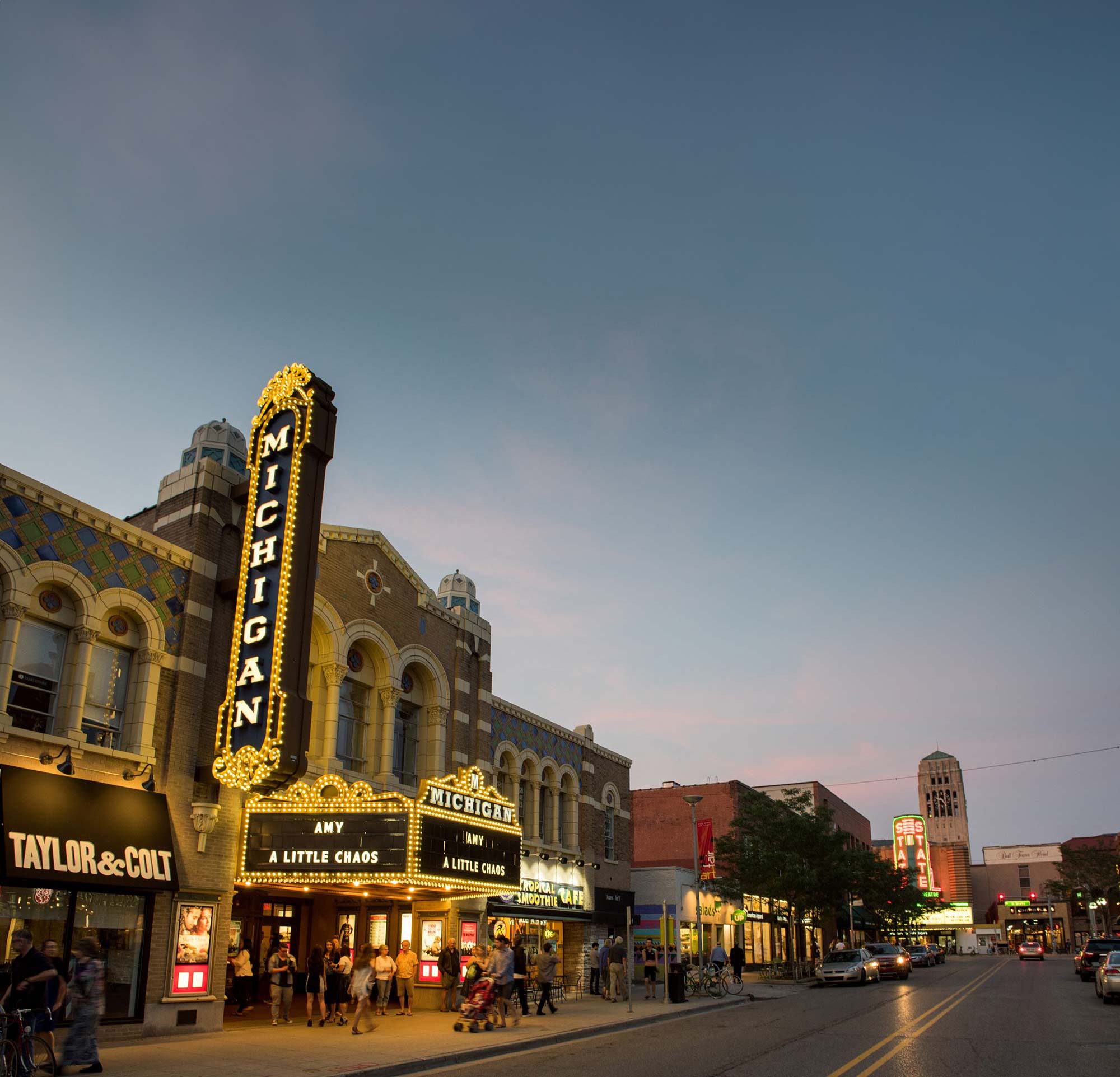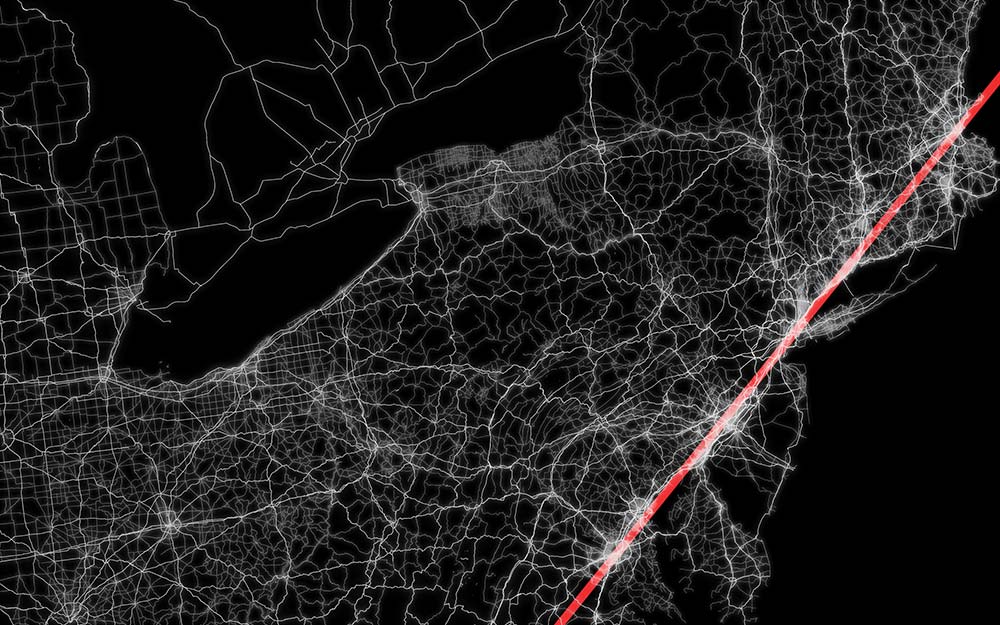Urban and Regional Planning Degrees
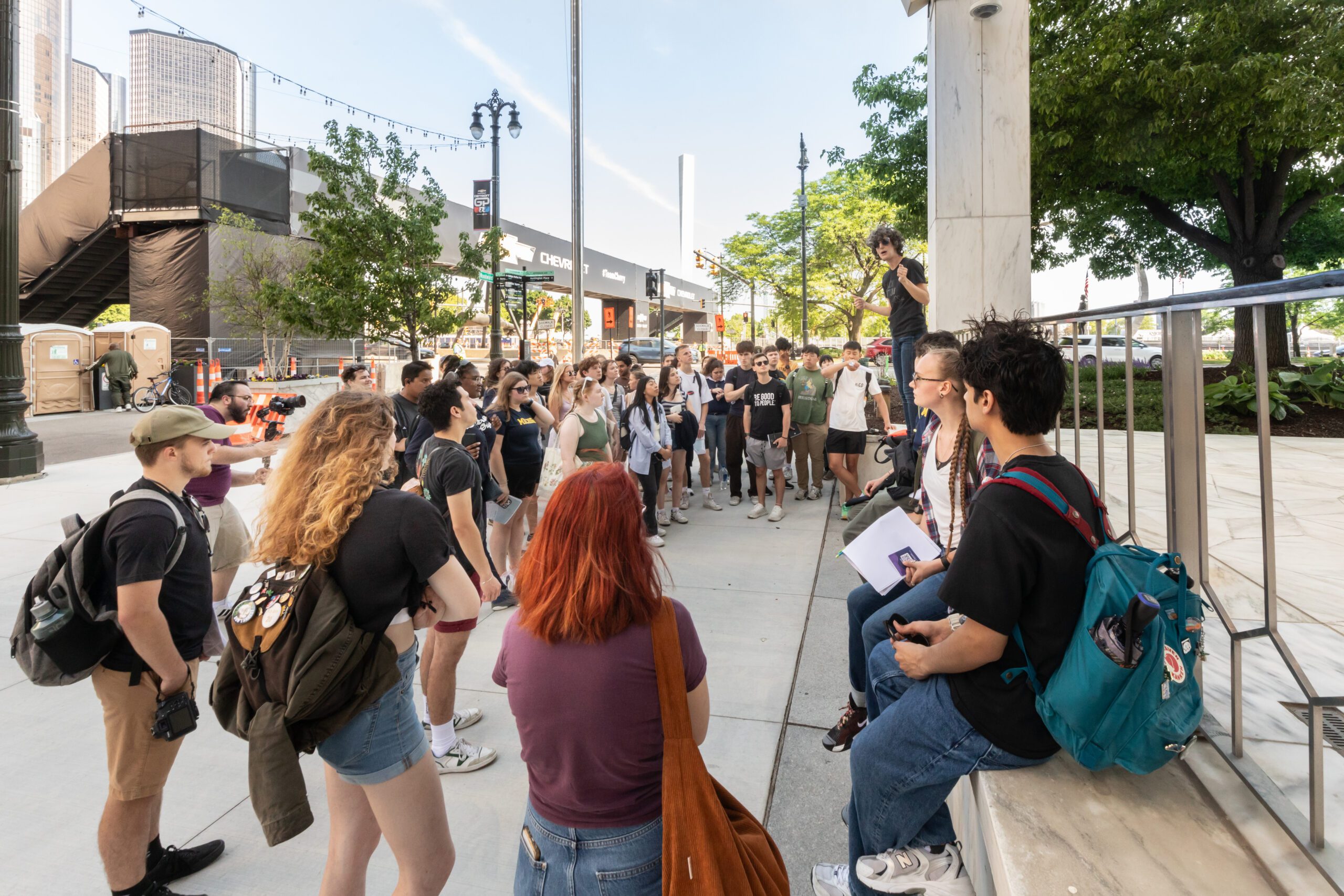
The Bachelor of Science in Urban Technology combines cities, technology, and design.
This transdisciplinary program will prepare you to understand and analyze cities as complex systems; play an active role in shaping urban environments; and envision new products, services, projects, and initiatives that improve urban life.
As part of one of the world’s largest and most prominent public universities, working toward the common good lies at the heart of who we are. You will graduate with an understanding of how urban systems function today, as well as the ambition and ability to shape how they should function in the future in order to better meet the needs of all.
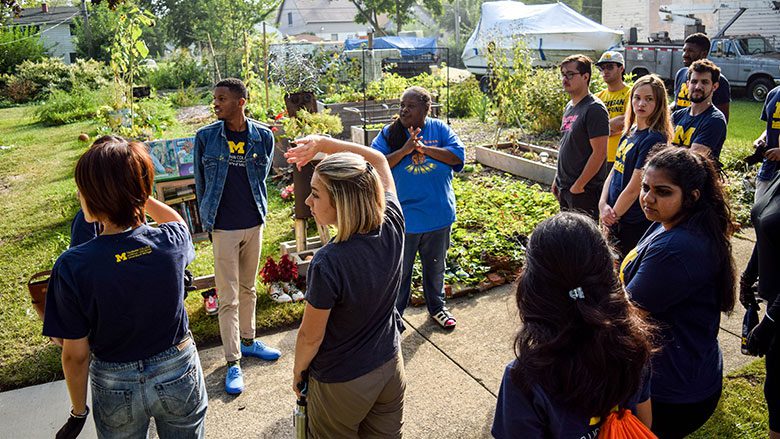
The Master of Urban and Regional Planning (M.U.R.P.) degree offers professional education in the planning field. Graduates may eventually apply their professional skills in various government agencies, private enterprises, or non-profit organizations within a variety of subject areas.
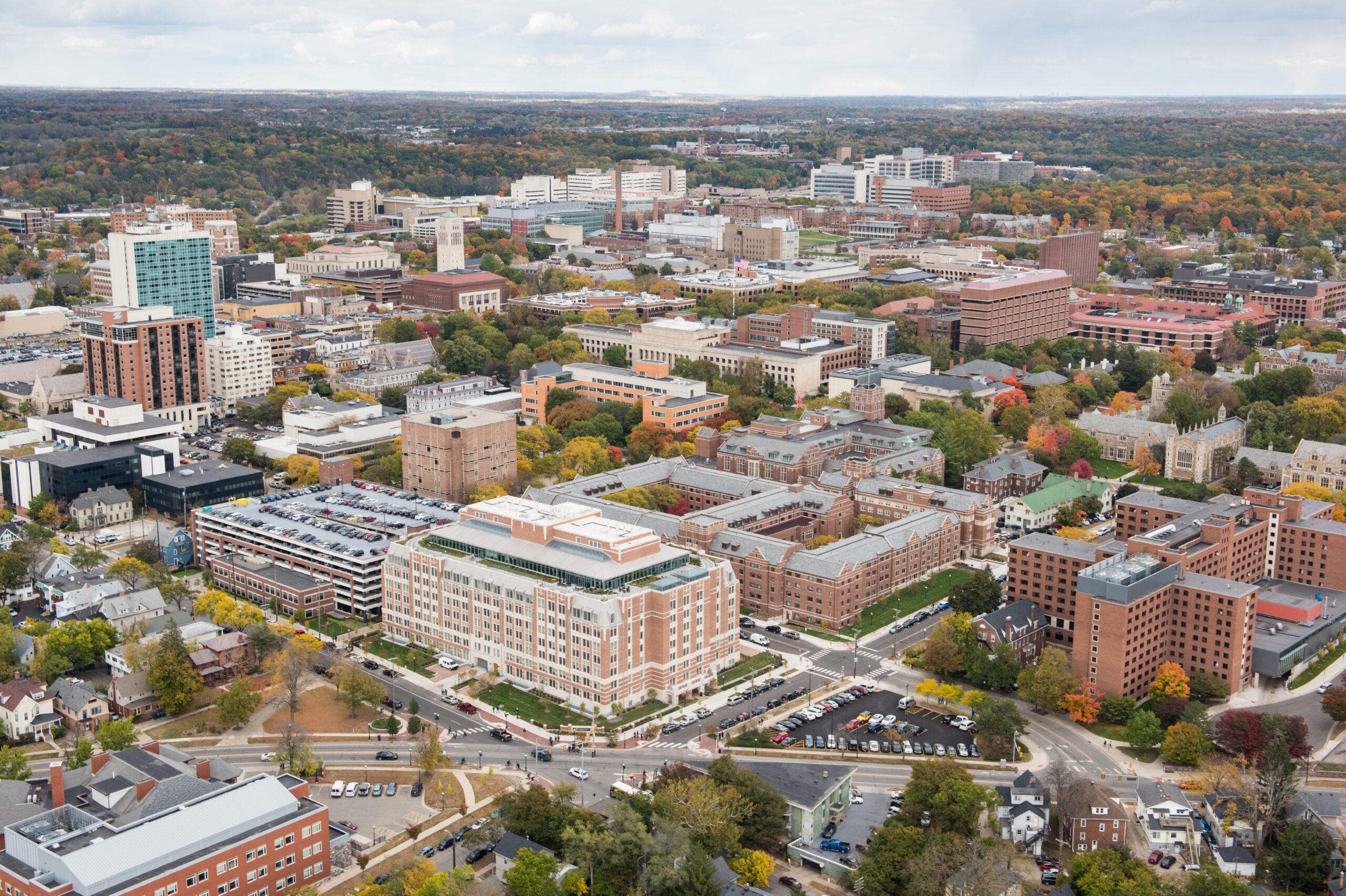
The Ph.D. in Urban and Regional Planning trains scholars for careers in higher education, research and high-level policy positions. It is a doctoral degree with a flexible, interdisciplinary focus.
Graduates work in universities, government, non-profits, and the private sector, in the U.S. and around the world. Doctoral students specialize in a wide range of possible topics. Recent students have engaged in subjects as diverse as the political economy of public transit, inner-city revitalization, global city urbanization, information technology and cyberspace, the crisis of modernist urbanism, suburbanization in developing countries, regional planning institutions, the effects of environmental contamination on patterns of urban and regional development, the culture of suburban commuting, the impact of tourism on historical Mediterranean cities, and the application of complex systems analysis to sustainable development.
Dual Degrees
Dual degree programs enable students to earn two degrees in considerably less time than if each degree were earned separately. There are four formalized dual degree programs, but students can also pursue student-initiated dual degrees with a wide range of other programs. Requests are approved on an individual basis.
Formal Dual Degree Programs
Self-initiated dual degree programs can be developed when that is the most appropriate way to prepare a student for his/her career. In recent years, students have initiated their own dual degree programs in the following fields:
Common Student-Initiated Dual Degrees
Graduate Certificates
Students may double count up to one-half of the credits needed for a certificate from their degree credits. Admission to a certificate program requires a separate application. Students may apply for admission to a certificate after their first semester in their graduate program. A decision on admission will be made after a student’s first semester grades become available.
Minors
Through the University of Michigan’s minor in real estate, undergraduate students in many fields can supplement their major areas of study with broad knowledge about improving metropolitan developments. Drawing on faculty expertise from Taubman College of Architecture and Urban Planning, the Ross School of Business, and the School of Kinesiology, the program guides students in integrating disciplines that shape the built environment and enhance the quality of life for all people while conserving the natural environment.






